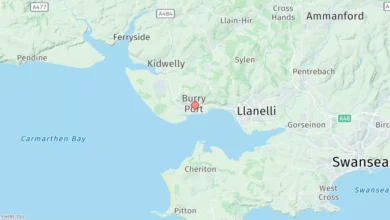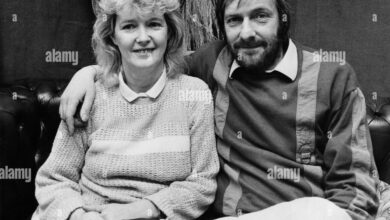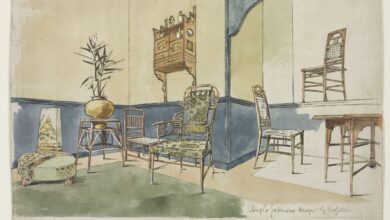MML at Cambridge: Complete Guide to Modern and Medieval Languages
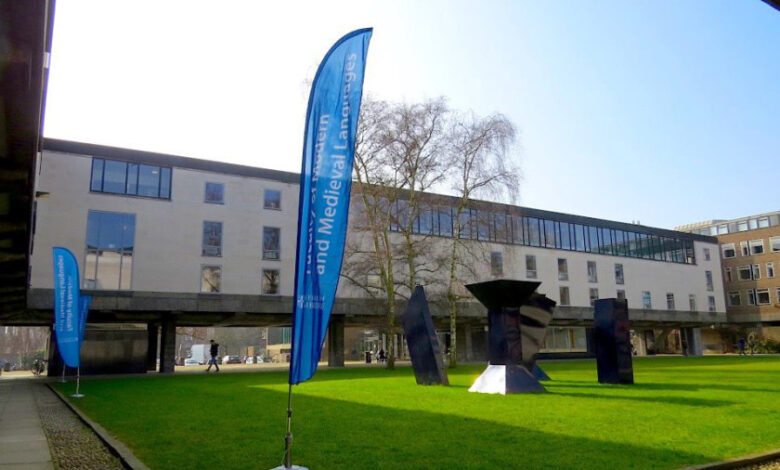
The University of Cambridge is known worldwide for its academic excellence and its commitment to nurturing curiosity across disciplines. One of the most fascinating and intellectually rewarding programs it offers is MML at Cambridge, which stands for Modern and Medieval Languages. This course combines the study of languages with literature, culture, history, and even philosophy, making it one of the most versatile degrees at the university. For students who are passionate about languages and wish to explore not only communication but also the deeper cultural and intellectual traditions behind them, MML offers an unparalleled experience.
At its core, the MML program is designed to train students in advanced language skills while simultaneously exposing them to critical thinking through literature, film, linguistics, and medieval studies. Unlike traditional language programs, MML at Cambridge allows students to study multiple languages, sometimes beginning one from scratch (ab initio), while taking another at a more advanced level. This flexibility ensures that students from different backgrounds can tailor their academic path to match their interests and strengths.
The program is not just about learning vocabulary or grammar—it is about immersing oneself in diverse cultures, understanding how societies express ideas, and analyzing the intellectual traditions of Europe and beyond. This article provides a complete guide to MML at Cambridge, covering the course structure, admissions, student life, and career opportunities, as well as practical advice for prospective applicants.
Understanding MML at Cambridge
MML at Cambridge is a unique program because it bridges two broad areas of study: modern languages (such as French, German, Spanish, Italian, Portuguese, and Russian) and medieval languages and literature. The aim is to allow students to engage deeply with both contemporary cultural expressions and historical traditions that have shaped European thought. This dual focus gives graduates a strong foundation in critical analysis, communication, and cultural literacy.
The degree is structured through the Tripos system, which is Cambridge’s way of organizing courses and examinations. The MML Tripos spans three or four years, depending on whether students take the compulsory year abroad. In the early years (Part IA and Part IB), students focus on building their language proficiency, both written and spoken, while being introduced to literature and culture. Later, in Part II, they can specialize in areas such as medieval literature, linguistics, or film studies, giving them both breadth and depth in their learning journey.
One of the most exciting features of MML is its interdisciplinary nature. Students don’t just memorize grammar rules; they analyze novels, study films, debate philosophical movements, and explore the evolution of language itself. For example, a student might study the writings of Dante in one paper, while analyzing modern French cinema in another. This blend of past and present makes the program intellectually stimulating and highly relevant in today’s multicultural world.
By combining rigorous language training with cultural and historical studies, MML at Cambridge provides students with a truly global perspective—an essential skill in a world where cross-cultural communication has never been more important.
Course Structure and Specializations
The MML course at Cambridge is structured into several stages, each designed to build a student’s expertise step by step. In the first year (Part IA), students typically study two languages, one of which can be taken ab initio (from scratch). This flexibility ensures accessibility, allowing someone who has studied French at school, for instance, to pair it with a completely new language like Russian or Italian. Alongside intensive language training, students also explore literature, cultural history, and introductory linguistics.
In the second year (Part IB), students continue refining their language proficiency while branching out into specialized topics. Modules may include medieval literature, comparative linguistics, film studies, or advanced translation techniques. This year is crucial because it prepares students for the compulsory year abroad in their third year, where they gain firsthand cultural and linguistic immersion. The year abroad can be spent studying at a partner university, working as a language assistant, or even pursuing an internship in a relevant field. This experience is transformative, providing not only fluency but also independence and cultural adaptability.
The final year (Part II) allows for deeper specialization. Students can choose from a broad range of papers that align with their interests—medieval studies for those passionate about history, linguistics for those curious about language structure, or cultural studies for those keen to analyze literature and film. The program also encourages independent research, often culminating in a dissertation where students can pursue a topic of personal interest in great depth.
This structured progression ensures that MML students graduate with advanced knowledge in multiple areas, combining linguistic fluency with critical and analytical skills. It is this combination that sets Cambridge graduates apart in competitive fields worldwide.
Admissions and Entry Requirements
Getting into MML at Cambridge is a competitive but achievable goal for students who are passionate about languages. The admissions process begins with meeting the academic prerequisites. Typically, applicants are expected to have strong A-levels or equivalent qualifications, with high grades in at least one language subject. However, because the course offers ab initio options, students are not required to know two languages before applying.
Language requirements vary depending on the track. Some applicants may apply with advanced knowledge of one language (such as French or German) while starting another as a beginner. This opens the program to a wider pool of students, including those who discovered their passion for languages later in their academic journey.
The admissions process also includes assessments and interviews. Cambridge is known for its rigorous but fair interview system, which aims to test intellectual curiosity rather than rote memorization. Applicants may be asked to analyze a short text, translate a passage, or discuss a cultural or literary theme. These interviews provide insight into a candidate’s ability to think critically and engage with new ideas.
Personal statements and written work also play an important role. Applicants are encouraged to highlight their enthusiasm for languages, their reading outside the classroom, and their commitment to exploring cultural and intellectual traditions. Preparing early—by reading literature in the target language, practicing translation, and engaging with cultural media—can make a strong difference.
In short, admissions to MML at Cambridge reward passion, curiosity, and academic potential. Even if an applicant has not studied multiple languages extensively, demonstrating a genuine love for learning and a willingness to explore new linguistic horizons can set them apart.
Life as an MML Student at Cambridge
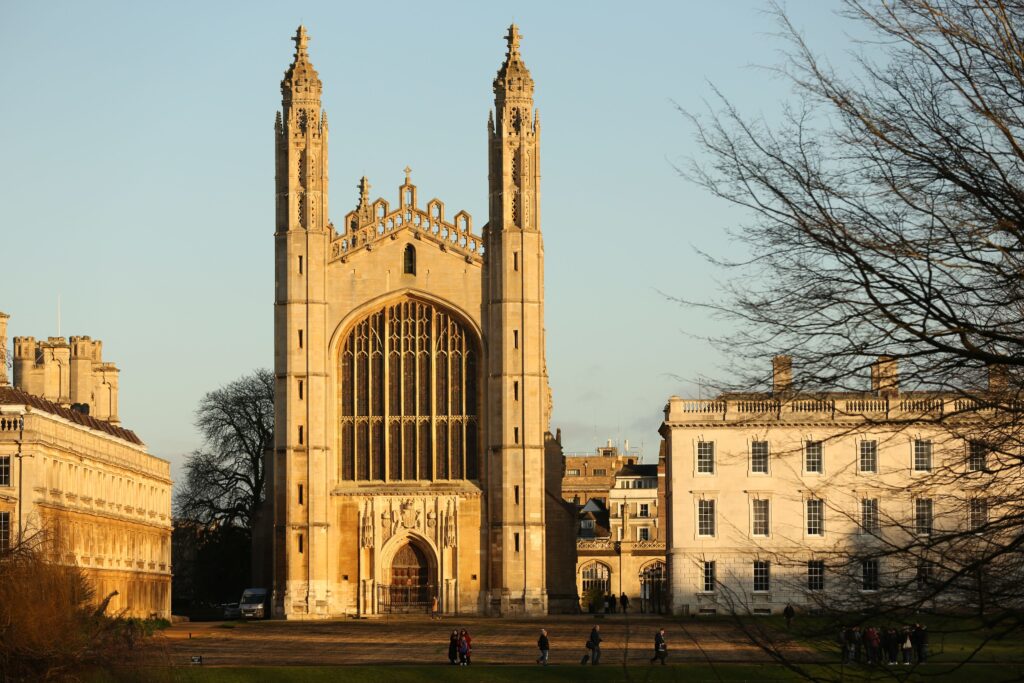
Studying MML at Cambridge is not just about academics—it is also about experiencing life within the Cambridge college system. Each student belongs to a college, which provides accommodation, meals, social events, and pastoral care. This structure fosters a close-knit community, where students interact with peers from different disciplines, creating a supportive and intellectually diverse environment.
The teaching style at Cambridge is distinctive. In addition to lectures and seminars, MML students benefit from supervisions—small group or one-on-one sessions with faculty members. These supervisions provide personalized guidance, allowing students to explore complex topics in detail and refine their academic arguments. It is in these intimate sessions that much of the intellectual growth takes place.
Life as an MML student is both challenging and rewarding. The workload is significant, with weekly essays, translations, and oral practice sessions. However, the resources available are exceptional. Students have access to libraries, language labs, and online resources, as well as academic advisors who provide continuous support.
Outside the classroom, there is a vibrant cultural scene. Student societies dedicated to languages, such as the French Society or the German Club, organize film screenings, debates, and cultural evenings. Many students also join music, theatre, or sports societies, making their Cambridge experience balanced and enriching.
For those studying MML, the year abroad is often the highlight. Not only does it provide linguistic fluency, but it also offers independence, travel opportunities, and new friendships. Life as an MML student at Cambridge is therefore an exciting blend of academic rigor, cultural immersion, and personal growth.
Career Opportunities with an MML Degree
One of the greatest strengths of MML at Cambridge is the wide range of career opportunities it opens up. Traditionally, graduates have pursued careers in academia, teaching, translation, and interpretation. However, the skills acquired in the program—such as analytical thinking, cultural understanding, and communication—are highly valued across many industries.
Many MML graduates go into international careers, working for organizations like the United Nations, European Union, or NGOs where cross-cultural communication is key. Others enter fields like journalism, publishing, and media, where their ability to analyze texts and communicate ideas clearly sets them apart. Business and finance sectors also recruit MML graduates for roles that require strong interpersonal skills and adaptability.
The program also equips students with transferable skills like research, critical analysis, and problem-solving, which are useful in law, politics, and even technology. Employers value the adaptability of students who have successfully managed studying abroad and mastering multiple languages.
In recent years, Cambridge MML graduates have also found opportunities in creative industries, from film and theatre to marketing and communications. The global nature of today’s economy makes multilingualism a powerful asset, and Cambridge’s reputation further enhances employability.
Ultimately, an MML degree is not just about languages—it is about becoming a versatile, globally-minded individual who can adapt to diverse professional environments.
Conclusion
MML at Cambridge is a program that combines academic rigor with cultural exploration, offering students the chance to study languages in depth while engaging with literature, history, philosophy, and society. With its structured progression, world-class teaching, and year abroad, it equips graduates with skills that go far beyond language proficiency.
For prospective students, MML at Cambridge offers an unparalleled opportunity to grow academically, culturally, and personally. From small supervisions and vibrant student societies to the independence of the year abroad, the program is a transformative journey. Graduates emerge not only as skilled linguists but also as adaptable, analytical thinkers ready to thrive in a globalized world.
FAQs on MML at Cambridge
What languages can I study in the MML program at Cambridge?
Languages include French, German, Spanish, Italian, Portuguese, Russian, and occasionally others.
Do I need to know two languages before applying?
No. Students can study one language at an advanced level and another ab initio (from scratch).
How does the year abroad work?
Students spend their third year abroad, studying at partner universities, teaching, or working.
What are the entry requirements?
Strong A-levels or equivalent, often with at least one language subject, plus assessments and interviews.
What is the workload like?
Students can expect weekly essays, translation work, and oral language practice alongside lectures and supervisions.
Can I combine MML with other courses?
Yes. MML can sometimes be combined with subjects like History, English, or Linguistics.
What careers can I pursue with an MML degree?
Teaching, translation, academia, diplomacy, law, journalism, business, media, and international organizations.
How competitive is the application process?
It is competitive, but passion for languages and evidence of intellectual curiosity are highly valued.
You May Also Read: KHO Building
